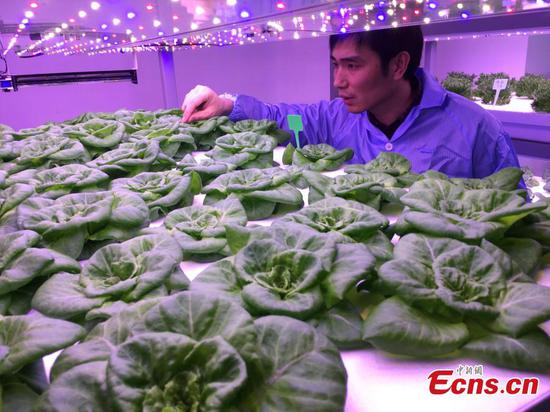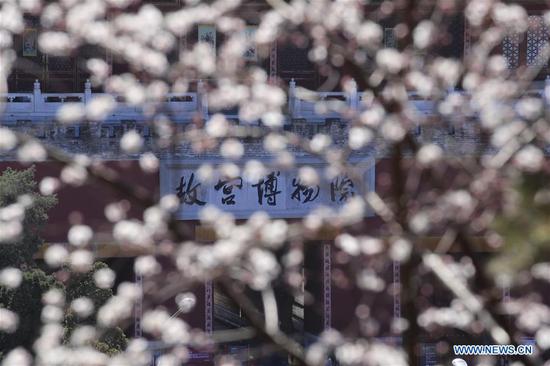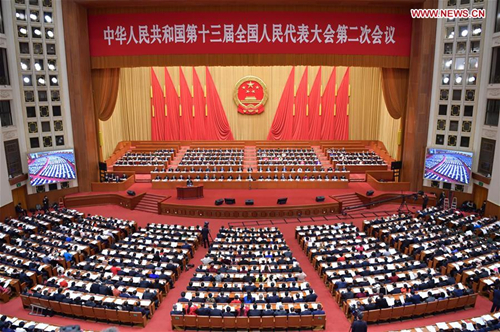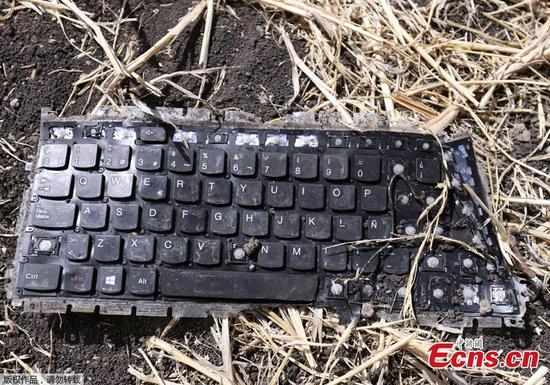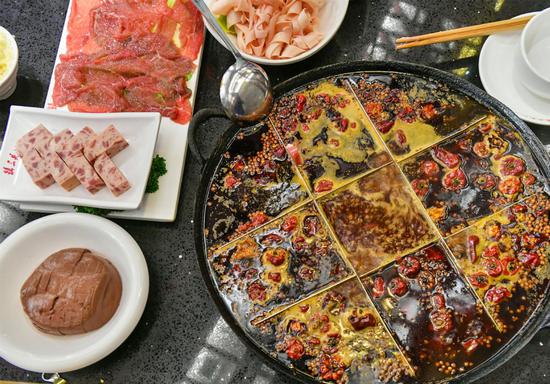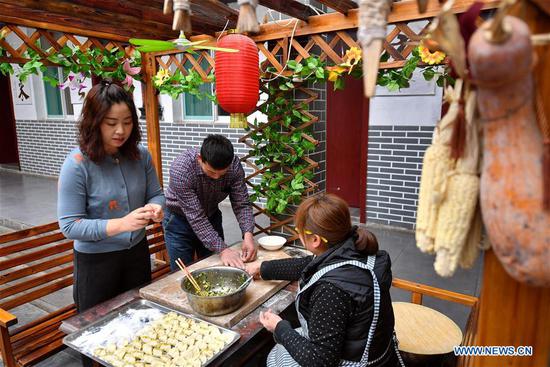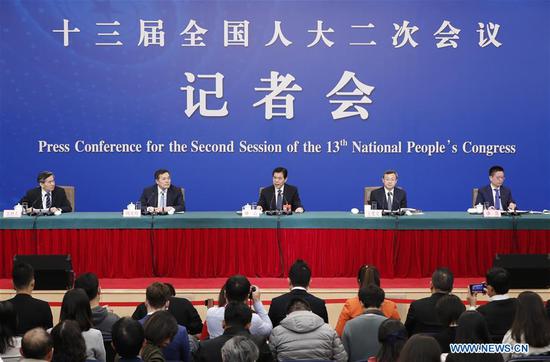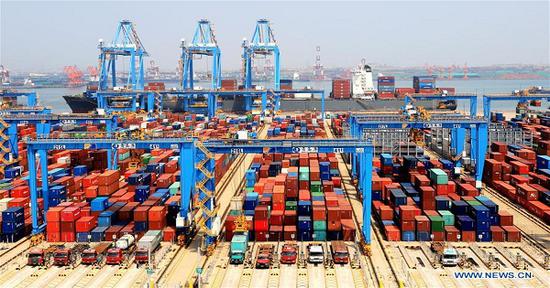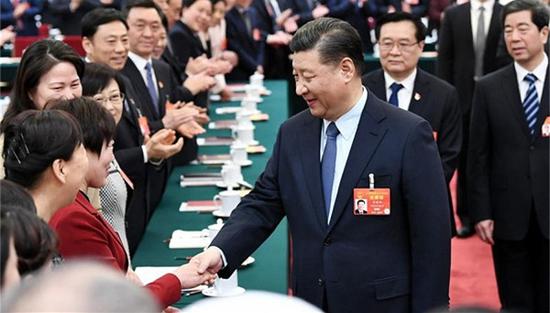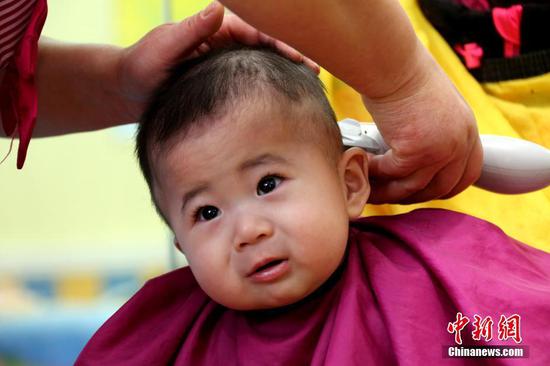China's educational and health authorities have banned convenience stores in all kindergartens, primary, middle and high schools across the country, effective April 1.
The regulation, jointly released by the China's Ministry of Education, State Administration for Market Regulation and National Health Commission, also expressly prohibits kindergartens and primary and middle schools from finding other ways to sell food containing high-fat, high-sugar, and high-salt.
The move comes amid food health concerns at public schools and is designed to meet the nutritional needs of students, The Beijing News reported on Monday.
Schools that say they require a convenience store must seek legal permission and sell only products that meet the new standards.
The hashtag banning on-campus xiaomaibu (school shops) has been viewed 300 million times, with 60,000 netizens posting comments on Sina Weibo as of press time.
Many adults nostalgically recalled on Sina Weibo how the school-based stores were a place where they gathered to chat with friends.
Some students said they were heartbroken by the regulation, as it prevents them from enjoying a snack during school breaks.
However, most parents expressed support the ministries' decision.
A father of a junior school student in Beijing, surnamed Fang, told the Global Times on Tuesday that "cheap, low-quality snacks sold at these stores are harmful to children's health. Students now rush to shops to buy snacks as soon as a class is over, which affects the normal teaching order."
The regulation asks principals to have each meal with students and supervise their school's cafeteria to ensure food safety.
Schools will also be required to monitor students who may be malnourished or obese, and intervene to make they follow a healthy diet.









